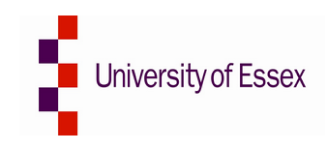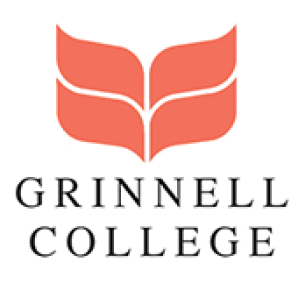

By developing university courses, conducting guest lectures, and holding workshops, CANVAS constantly aims to engage with students as much as with activists and community organizers.
to discover more
Our modules raise awareness about the effectiveness of strategic nonviolence as a tool of social and political change and provide students with skills for future endeavors in their own communities. Well known for its novel approach that combines theory of nonviolent struggle with practice, CANVAS has successfully cooperated with prestigious schools in US and EU, including Harvard University, NYU, Colorado College, Grinnell College, University of Essex, Northeastern University, and Tufts University.
CANVAS has been in cooperation with Colorado College in Colorado Springs since 2006. Srdja Popovic and Slobodan Djinovic teach a 2-week course entitled “Waging Non-Violent Conflict.” The “CANVAS” block in the college’s Department of Political Science is one of the most popular among students. Combining theory, interactive lectures, and practical exercises, this course guides students through the group project empowering them to create their own virtual nonviolent social movement.

Starting in 2021, NYU will implement a CANVAS-designed course called “Waging Non-Violent Conflict: Organizing for Social Change.” After years of successful collaboration, CANVAS will present a new and improved curriculum to NYU students. This course will explore how nonviolent movements are shaping national, regional, and international relations.

CANVAS and the University of Essex developed a “Strategic Nonviolent Action” course in 2014 under the university’s Department of Government. In this class, students evaluate the nature of nonviolent social change by analyzing historical and contemporary cases of civilian-led struggles. This module provides key tactical and strategic considerations for nonviolent groups and ultimately aims to answer the question “Why do certain movements succeed whereas others fail?”.

Cooperation between Grinnell College and CANVAS dates back to 2008. As a part of the “Introduction to Peace and Conflict Studies” course at Grinnell, CANVAS provides a theoretical framework for nonviolent movements and an understanding of both successful and unsuccessful nonviolent revolutions. Students get a firsthand look at the practicalities of mapping out nonviolent resistance movements using the three central principles of strategic nonviolence: planning, unity, and nonviolent discipline.